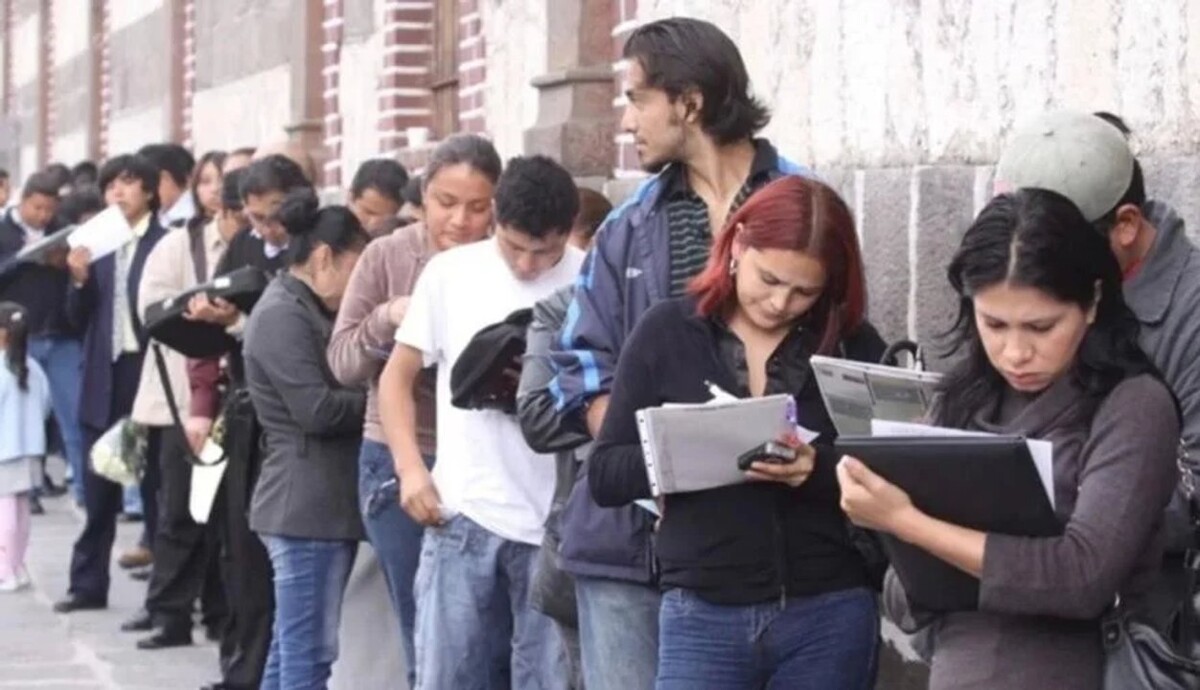
Changes in the organization of the work process, as well as in the structure of employment and production, resulting from technological and productive innovation, have contributed to the emergence of unemployment as a structural problem. Paradoxically, despite this, 68% of Argentine companies face difficulties in filling job positions due to a lack of personnel with necessary skills, according to official data revealing an increase of 336,000 unemployed compared to the previous period.
According to the Global Talent Shortage Survey conducted by ManpowerGroup Argentina, the industries most affected by the lack of talent are Energy and Utilities (78%), Communication Services (76%), Health and Life Sciences (70%), Transportation, Logistics, and Automotive (70%). The technical skills that are hardest to find are Engineering (25%), Information Technology (IT) and Data Analysis (23%), Customer Service (23%), Operations and Logistics (22%), and Sales and Marketing (18%).
Despite a slight decrease in talent shortages in Argentina compared to the previous year, the country ranks eighth in the regional ranking in this issue. To overcome the current shortage, employers are implementing strategies such as improving and retraining current employees, offering more flexible hours and locations, seeking new talent, and increasing salaries.
Globally, the average talent shortage is 74%. The countries facing the greatest difficulties in this regard are Germany (86%), Israel (85%), and Portugal (84%), while Colombia (59%), Poland (59%), and Puerto Rico (53%) show fewer challenges.
The advancement of artificial intelligence and other technologies is having a negative impact on various sectors of the Argentine economy, such as mechanics and machinery repair, accounting, accountants and auditors, and administrative and executive secretarial roles. In terms of sectors, the perfumery and pharmacy industry is among the least active, while commerce is the main economic activity in the private sector.
According to the Superintendency of Occupational Risks (SRT), over the past two years, more than 2,600 companies have closed nationwide, although some key sectors show signs of recovery, such as the manufacturing industry, which has begun to show positive signs by the end of 2024.
The report "The Future of Work" from the World Economic Forum indicates that almost a quarter of all jobs globally will change in the next five years, with a net decrease of 14 million jobs, equivalent to -2% of current employment.
Luis Guastini, CEO of ManpowerGroup Argentina, emphasizes the importance of rethinking educational models so that individuals can develop the soft skills demanded by the labor market and that companies align with market preferences and trends.
Regarding the evolution of employment since Javier Milei's assumption, it is observed that 119,954 jobs have been lost, with construction responsible for 56.6% of these losses, due to the paralysis of public works. Data shows that 65.4% of the unemployed have been looking for work for between 1 month and 12 months, and 34.2% for more than a year. The majority of the unemployed (69.5%) have completed secondary education, while 30.5% have completed or incomplete higher education and university degrees.














